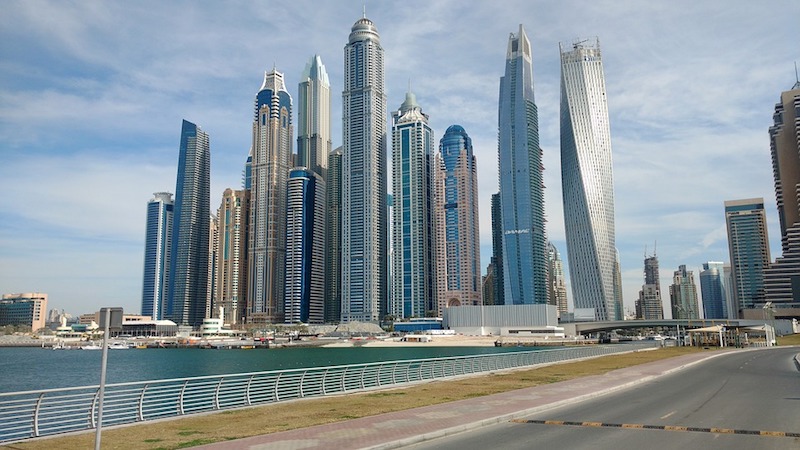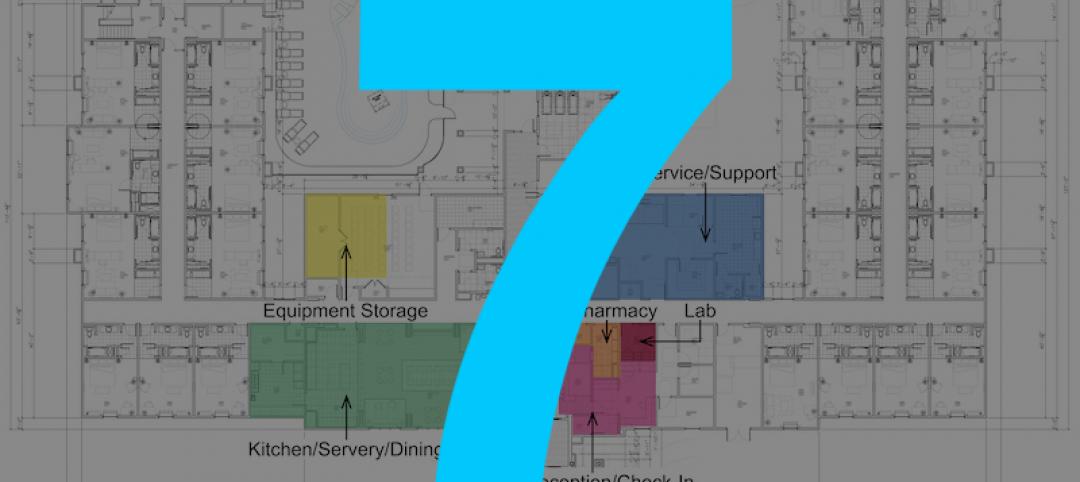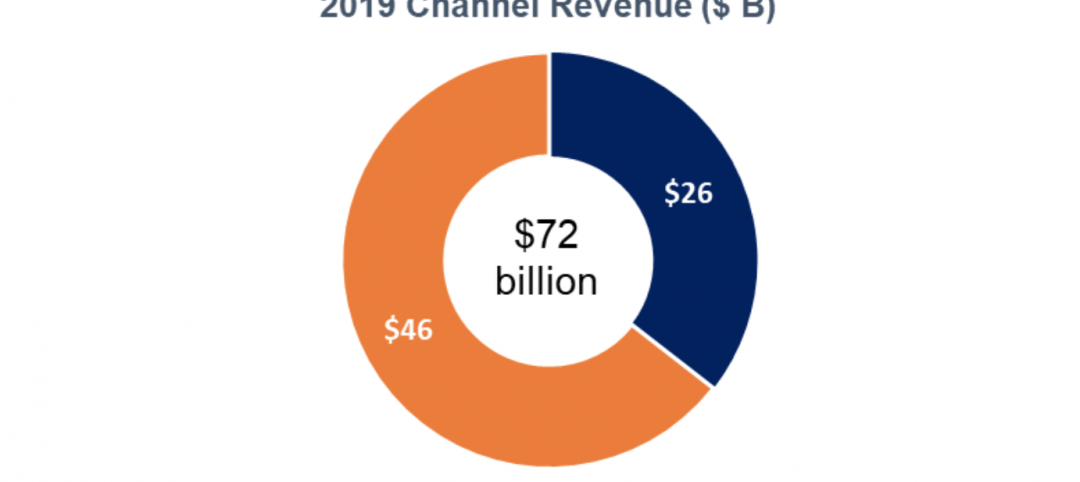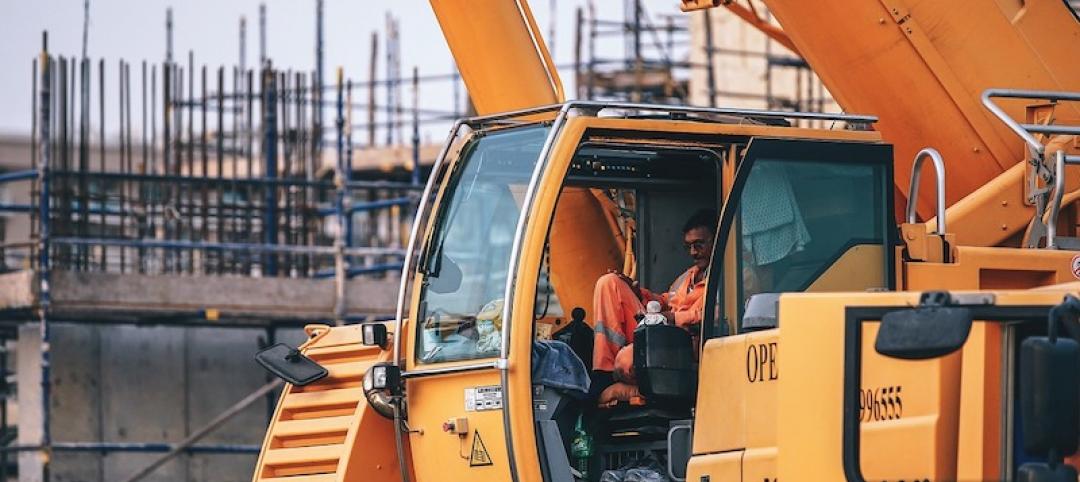Renewable energy has a mixed outlook in the Middle East and Africa (MEA) region, due to a reluctance to invest from some countries and an inability to afford renewables in others, according to GlobalData.
Several major MEA countries are actively supporting the growth of renewable energy through mechanisms such as renewable targets, renewable portfolio standards (RPS), feed in tariffs (FiTs) or auctions, net metering and tax exemptions or subsidies.
Anchal Agarwal, Power Analyst at GlobalData, says: “Most of the countries covered in MEA* have renewable energy targets, implying that these governments are actively supporting the growth of renewable energy in their respective countries. Some countries have capacity targets, while others have targets to achieve a fixed share of generation from renewable sources.”
Iran set a target in 2014 of 5 Gigawatts (GW) from wind and solar power, by 2020. In spite of this, renewable energy did not make much progress in the country. Hence, in January 2018, the government again declared a target of installing 1 GW of renewable energy projects every year from 2018 to 2022.
The availability of oil in the MEA region presents a major challenge to renewables. For example, in 2016, Saudi Arabia reduced its 2040 renewable goals from 50% to 10% of the country’s electricity supply. In April 2017, the country declared that it will develop 30 solar and wind projects over the next 10 years as part of the kingdom’s $50 billion program to boost power generation and cut its oil consumption.
Agarwal continues: “A noticeable observation in the MEA region is the growing popularity of the auction/tender mechanism to develop large-scale renewable projects. Countries such as Egypt, Iraq, Israel, Morocco, Qatar, Saudi Arabia, South Africa and UAE have auction mechanism for various renewable energy technologies. However, countries including Algeria, Iran, Kenya, Nigeria and Tanzania have already proposed the renewable auctions and they are expected to announce it within a year.”
FiTs and net metering are other major policy support mechanisms used by governments of Middle East & African countries to promote renewable energy. Six countries have FiT schemes for various renewable technologies, and Ghana and UAE are the only countries to have proposed a net-metering scheme.
* MEA countries covered = Algeria, Angola, Egypt, Ghana, Iran, Iraq, Israel, Morocco, Nigeria, Qatar, Saudi Arabia, South Africa, Syria and UAE.
Related Stories
Market Data | Apr 10, 2020
5 must reads for the AEC industry today: April 10, 2020
Designing for the next generation of student life and a mass timber Ramada Hotel rises in British Columbia.
Market Data | Apr 9, 2020
7 must reads for the AEC industry today: April 9, 2020
Urine could be the key to building in outer space and how to turn a high school into a patient care center in just over two weeks.
Market Data | Apr 8, 2020
6 must reads for the AEC industry today: April 8, 2020
Stantec discusses how hospitals can adapt buildings to address worst-case scenarios and FXCollaborative Architects tells us why cities will survive the pandemic.
Market Data | Apr 7, 2020
7 must reads for the AEC industry today: April 7, 2020
Leo A Daly's Hotel2Hospital prototype takes shape, while the number of delayed projects reaches 2,550 in the U.S. amid coronavirus pandemic.
Market Data | Apr 3, 2020
COVID-19 cuts nonresidential construction employment in March
The construction unemployment rate was 6.9% in March, up 1.7 percentage points from the same time one year ago.
Market Data | Apr 1, 2020
February’s construction spending decline indicates what’s to come
Private nonresidential spending declined 2% on a monthly basis and is down 0.7% compared to February 2019.
Market Data | Mar 26, 2020
Architects taking action to support COVID-19 response
New AIA task force will offer insights for adapting buildings into healthcare facilities.
Market Data | Mar 26, 2020
Senate coronavirus relief bill's tax and lending provisions will help construction firms, but industry needs additional measures
Construction officials say measure will help firms cope with immediate cash flow crunch, but industry needs compensation for losses.
Market Data | Mar 25, 2020
Engineering and construction materials prices fall for first time in 40 months on coronavirus impacts, IHS Markit says
Survey respondents reported falling prices for five out of the 12 components within the materials and equipment sub-index.

















